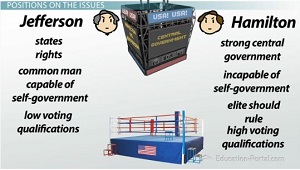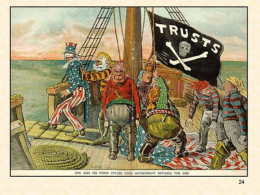
He also wrote “The Gospel of Wealth,” an article that argued that the wealthy have a responsibility to contribute to the greater good of society. In his efforts to contribute to society, he established the Carnegie Endowment for International Peace, the New York Public Library, and a college that would become part of Carnegie Mellon University. He built his fortune by investing in the steel industry and became the owner of Carnegie Steel Company, which by 1889 was the largest steel company in the world.ĭespite some criticism of how some workers at Carnegie Steel were treated, Carnegie himself was extremely active in terms of philanthropy. Born to a poor Scottish family, he and his parents immigrated to the U.S. Andrew CarnegieĪndrew Carnegie served as a great example of an American rags-to-riches story. Over the course of his life, his donations to charitable causes exceeded $500 million (unadjusted for inflation). While he has faced some criticism historically for how he accumulated his wealth, Rockefeller’s charitable efforts paint him as a philanthropic captain of industry. Standard Oil dominated the oil industry, controlling roughly 90% of the refineries and pipelines in the United States by the early part of the 1880s. In 2018 dollars, Rockefeller’s net worth is said to eclipse $400 billion - nearly three times the 2018 estimated net worth of Jeff Bezos, the founder of and the wealthiest individual in the world. Rockefeller became one of the richest men in the world as the founder of the Standard Oil Company. They made their wealth - and used it - in a way that would benefit society, such as providing more jobs or increasing productivity. Often, they had little empathy for workers.Ĭaptains of industry, however, were often philanthropists. Robber barons typically employed ethically questionable methods to eliminate their competition and develop a monopoly in their industry. The term “robber baron” dates back to the Middle Ages and carries a negative connotation. Both can be defined as business tycoons, but there was a significant difference in the way they made their fortunes. The wealthy elite of the late 19th century consisted of industrialists who amassed their fortunes as so-called robber barons and captains of industry.

With technology booming and immigrants flocking to the United States seeking better opportunities for themselves and their families, they left their mark on the United States - and on history. Still, it’s impossible to overstate the impact these individuals had on America’s development. They had the power and means to create opportunities and jobs for the many, though with less social prioritization on workers’ rights, issues like discrimination, exploitation, and low wages marked the era. In a time of such great expansion and fewer regulations surrounding wealth and business practices, circumstances were perfect for the rise of a class of extremely wealthy individuals who made up a very small percentage of society. And the economic explosion included not only industrial growth, but also a growth in agricultural technology such as mechanical reapers. Much of this growth was courtesy of railroads - which now spanned from coast to coast - as well as factories, steel, and the coal mining industry.īig business boomed, with technology such as typewriters, cash registers, and adding machines helping to transform how people worked.

As part of the Second Industrial Revolution, the country underwent an impressive economic expansion - led by the day’s larger-than-life figures of wealth and power. The title suggested that the thin veneer of wealth for the elite masked broader issues for many in the lower and middle classes.īut the progress made in the United States during the Gilded Age can’t be denied. It’s this idea of grandeur in the face of unresolved social concerns that led Mark Twain to coin the phrase “Gilded Age” in his 1873 novel The Gilded Age: A Tale of Today. Wealth so vast can often highlight the financial inequality of an era. Rockefeller, Cornelius Vanderbilt, Henry Ford, and Andrew Carnegie would by today’s standards be measured in the hundreds of billions of dollars - far more than tech giants like Elon Musk, Bill Gates, Mark Zuckerberg, and even Jeff Bezos, the wealthiest individual in the world as of 2019.

history when the business magnates and titans of industry boasted more wealth than even today’s top technology innovators and visionaries.ĭuring America’s Gilded Age - which spanned most of the latter half of the 19th century, from around 1870 to 1900 - the inflation-adjusted wealth and impact of America’s most towering figures far overshadowed what we see today.


 0 kommentar(er)
0 kommentar(er)
